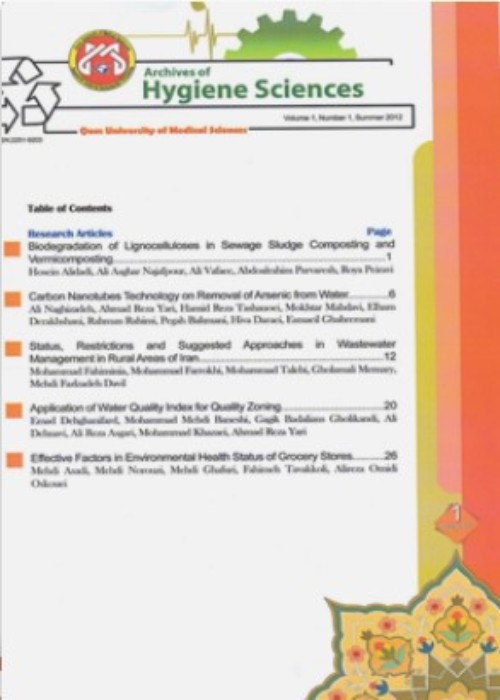Comparing the Status of Critical Thinking and ItsAssociated Factors in Students
By being aware of the state of critical thinking and the factors affecting it in students, it is possible to help improve the planning and quality of education. This study aimed to comparatively determine the status of critical thinking and the factors affecting it in students.
The present cross-sectional study’s population and the sample consisted of health disciplines students of Ardabil University of Medical Sciences in Ardabil City, Iran. All students of the two entrances of 2017 and 2020 were enrolled in the study by completing a virtual questionnaire. According to the relevant results, 155 individuals completed the questionnaire. Descriptive and analytical tests in SPSS v. 20 analyzed the collected data.
The minimum score of critical thinking was 4, the maximum was 16, and the Mean±SD essential score of thinking was 10.17±2.56 in all students. Among the studied variables, only the relationship between the subscales of inference and inductive reasoning with the year of entry of the studied students was significant (P=0.02) and (P=0.026). In other cases, there was no significant correlation between demographic variables, such as age, gender, the year of entry, native or non-native, the field of study, and grade point average with the overall scores of critical thinking and its subscales (P>0.05).
The current study results indicated that the critical thinking skills of health students of Ardabil University of Medical Sciences are poor in all dimensions and subscales. Considering the importance of critical thinking in the development, progress, and well-being of individuals and societies, reviewing and correcting the curriculum, training and empowering teachers concerning critical thinking skills, and teaching it in higher education and academic centers.
-
Verbal Communication Skills of Medical Students and Demographic Factors affecting it
Arbabi*, Asma Mohammad Hasanpour
Journal of Health, -
Knowledge and Attitude of Students about Organ Donation and its Conditions in Ardabil University of Medical Sciences, 2022
Y .Hamidzadeh arbabi, H .Badakhshan, Fateme Dana, L. Ouoni
Journal of Health And Care,



